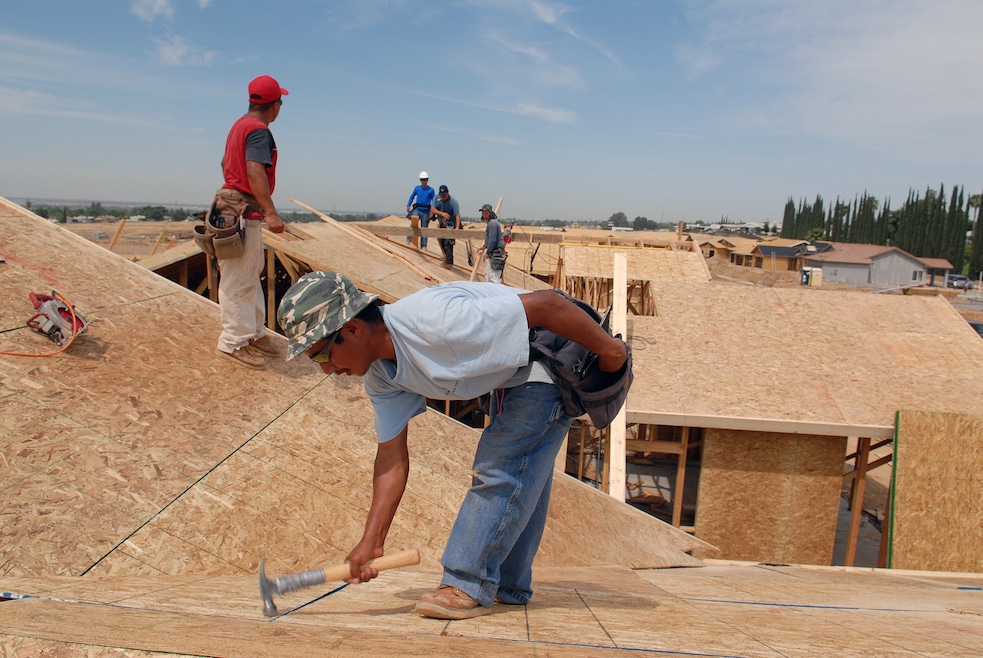Much of the momentum in California politics this year to try to build more housing and reduce costs has targeted rules about the location of new homes. One bill in the spotlight focuses on building codes and how those houses are constructed.
Legislation filed earlier this year by California State Assembly member Nick Schultz (D-Burbank) would put a six-year pause on changes to the state building code, starting in June. Cities would be unable to impose stricter code requirements than what the state permits. Mindful of the Los Angeles wildfires that destroyed roughly 11,000 single-family homes in January and the state’s ongoing housing crisis, Schultz argues homebuyers need relief from code updates. Building codes regulate everything in a house, from light fixtures to interior sprinklers to flood protection measures.
The most recent version of Schultz's bill, under review in the state Senate, would maintain the state's ability to update its building code but would still restrict cities from imposing their own requirements until 2031, Matthew Wheeler, executive director of the nonprofit group California Building Officials, said in an interview on Monday.
Speaking on the Assembly floor in April, Schultz cited a California Building Industry Association estimate that code changes in the past 15 years have added between $50,000 and $100,000 to the cost of each new single-family home.
“That makes it that much harder to achieve the California dream of homeownership,” he said.
Other pending legislation in the state this session includes bills to exempt certain housing projects from the state’s environmental law and to allow more housing within a half-mile of transit stations. Gov. Gavin Newsom said in a May 14 statement that he supports the environmental bill.
Assembly Bill 306, Schultz’s proposal, passed in a 71-0 vote on April 1. In a statement urging opposition to the bill, the International Code Council pointed to data that shows homeowners can actually save $2,200 if their houses comply with the 2024 residential code.
The Washington, D.C.-based council develops the building codes that are prevalent in most states but individual states decide when or if to adopt them. The ICC issues new model codes every three years, with the latest update scheduled for release in 2027, according to the National Association of Home Builders.
“Studies have repeatedly demonstrated that modern model building codes have no appreciable implications for housing affordability,” the ICC said in a March 24 letter to California Assembly speaker Robert Rivas and state Senate president pro tempore Mike McGuire. The ICC did not immediately respond to a request to comment.
As examples of how building codes reduce costs, the ICC highlighted flood protection provisions that it said reduce monthly mortgage and flood insurance expenses.
Code updates can lead to higher home prices, not just because of the actual cost of devices like interior sprinklers that are required in new California homes, but also the cost to hook them up, Dan Dunmoyer, executive director of the California Building Industry Association, said in an interview. The sprinklers themselves might cost $8,000 per home, but the hook-up to keep the water separate from what comes out of the faucet starts at about $20,000, he said.
“We can build the perfect home, but very few people can afford it. Only one out of 16 Californians can afford to buy the average home today,” Dunmoyer said. “If you keep adding these [requirements], just a little more insulation, a little more of this and that, that number keeps going down.”
Schultz allowed some exceptions in his bill, including code updates necessary to respond to emergencies and those suggested by state fire officials to harden homes against wildfire threats. Other exceptions would be to allow a single stairwell in small apartment buildings rather than requiring two, and to encourage converting commercial buildings to residential use. Many housing advocates see these as reforms that will bring down housing costs.
Many local governments oppose the bill because it restricts their control over building code regulations, said Wheeler, the executive director of California Building Officials.
“We continue to feel it circumvents public safety by creating an unnecessary statewide standard," Wheeler said. "The impacted communities in the Los Angeles area should have the ability to make their own changes to help homebuilders rebuild."

